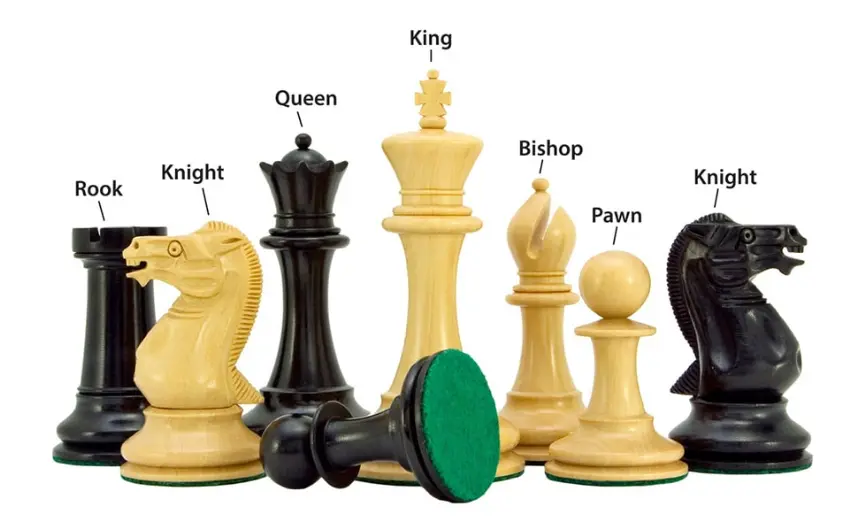Chess Principles
1. Develop your pieces quickly.
2. Control Center Quickly
3. Place your pieces in the squares where they occupy the most space.
4. Try to develop your knights towards the center for control center
5. Don’t take unnecessary chances where no benefit
6. Don’t play defensive or passive. Always play aggressively.
7. If you need to give a defence then don’t give a passive defence always give an active defence.
8. Count the forced moves first.
9. Before moving a piece always ask yourself, “Can he trap my piece?”
10. Try to understand what is your opponent’s plan.
11. By analysis try to understand the opponent’s move quality. Is this a bad or good move?
12. Ask yourself, “Why did he move this?” After each step.
13. Play for initiative and take control of more space on the board.
14. If you are going to lose a piece, then try to get the best for it.
15. When behind, exchange pawns. When proceeding, exchange the pieces.
16. If you are about to lose, don’t give up early, try to fight and make your position critical. Look for counterplay.
17. Don’t play bad moves unless you lose badly.
18. Do not sacrifice a piece without good reason.
19. If you are in doubt about an opponent’s sacrifice, accept it.
20. Attack with more than just one or two pieces then your attack will be successful.
21. Do not operate the pan carelessly. They cannot retreat.
22. Do not block in your bishop.
23. Opposite-coloured bishops have the greatest chance of being drawn.
24. Do not move the same piece twice or more in the opening.
25. Exchange pieces if it help your development or get profit.
26. Don’t take your queen out early if small pieces can attack the queen again and again.
27. Castle early to protect your king and develop your rook.
28. Develop rooks to open files or half-open files.
29. Place rooks behind passed pawns.
30. Study the Rook endgame. They are the most common endgame.
31. Don’t move your king to the center before ending.
32. Don’t build castles if it puts your king in more danger.
33. After castling, place a good pawn formation around your king.
34. If you only have one bishop, place your pawns in the opposite suit.
35. Trade pawn pieces when advancing or attacking items.
36. If shrunk, free your game by exchanging elements.
37. If your opponent shrinks, don’t let him get any release
exchange
38. You are comfortable with studying openings.
39. Play through the entire game, not just the opening.
40. Blitz chess helps to recognize chess patterns. Play often.
41. Study the annotated games and try to guess every move.
42. Stick with a few openings with white and a few openings with black.
43. Record your games and try to understand your mistakes.
44. Show your game to high-rated opponents and get feedback from them.
45. Use chess engines and databases to help your chess study but not to play
46. Everyone makes mistakes. Champions make mistakes less often.
47. Find strategy and combinations when it’s not your move.
48. Try double rooks or double rook and queen in open files.
49. Always ask yourself, “Does my next step ignore something?
Easy?”
50. Don’t make your plan by excluding the opponent
threat
51. Beware of capturing an opponent’s retreating pieces.
52. Don’t focus on one sector of the board. View the entire board.
53. If it helps, write your move first before doing that move.
54. Try solving chess puzzles with diagrams from books and magazines.
55. An opponent is less likely to prepare for an off-beat opening.
56. Recognize move transitions from main-line play.
57. Watch your time and avoid time hassles.
58. In an open position Bishops are more important than knights but closed position knights are more important than bishops.
59. A knight and bishop are more powerful than two knights.
60. It is usually a good idea to trade in a pawn-up endgame.
61. Trust your game.
62. Play as many rated events as possible.
63. Try not to look at your opponent’s rating until the game is over.
64. Always play for a win.
65. Try to keep double bishop and make double bishop advantage.
66. Remember Queen with a Knight is very dangerous for attacking.


